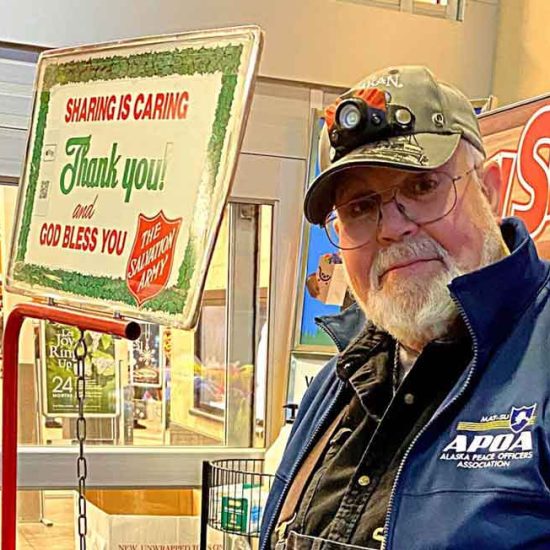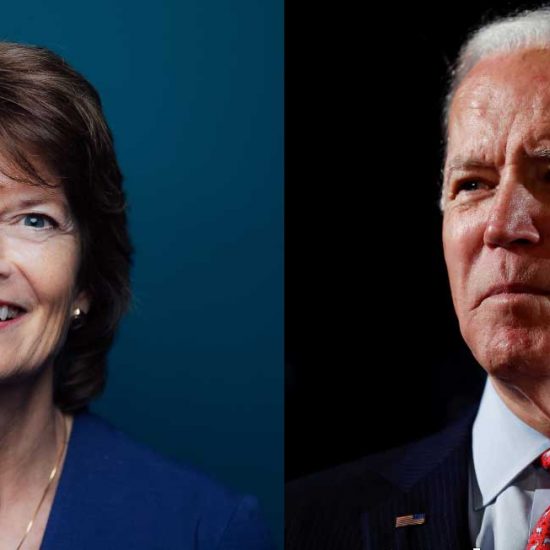It’s still unknown what sort of regulations will come out of Alaska’s marijuana rulemaking process, but the Coalition for Responsible Cannabis Legislation wants to help shape them.
The group, made up of about half a dozen people with interest in starting marijuana businesses, wants to make sure business voices are represented when it comes to establishing rules for Alaska marijuana sales. Not technically lobbyists, but more organized than the average group of citizens, the group hopes to bring a professional voice to the conversation about how to craft marijuana rules in Alaska.
“We want this transition to be as smooth as possible,” Bruce Schulte, a marijuana advocate and public relations chairman of the organization, said.
The members of the group are based in both Anchorage and Fairbanks. The group campaigned in favor of the ballot measure, even registering as a group with the Alaska Public Offices Commission; however, their involvement was low-key. Overall, they contributed about $4,200 to advocate for the campaign.
The ABC board isn’t expected to begin accepting license applications until February 2016. Until then, the board will write regulations that work with the laws laid out in the initiative – which, according to drafters, were intentionally left unspecific, to allow state to craft Alaska-appropriate rules_and filling in blanks not addressed by the legislature this session.
Schulte said he believes the ABC Board should craft those regulations with public safety in mind, but that when it comes to business the market should be the deciding factor. For example, he said, things like limiting the number of businesses in a certain places, like in Washington state, serves as an “artificial throttle” in limiting businesses, and the coalition would oppose such a measure.
Beyond making it easier to go into business, the coalition’s chairman, Frank Berardi, believes the more “reasonable” the regulations, the easier it will be for the black market to legitimize. One of the Campaign to Regulate Marijuana Like Alcohol’s biggest arguments was that legalization would drive the black market out of the underground. Schulte acknowledged that wouldn’t happen overnight, but that reasonable regulations could expedite the process.











